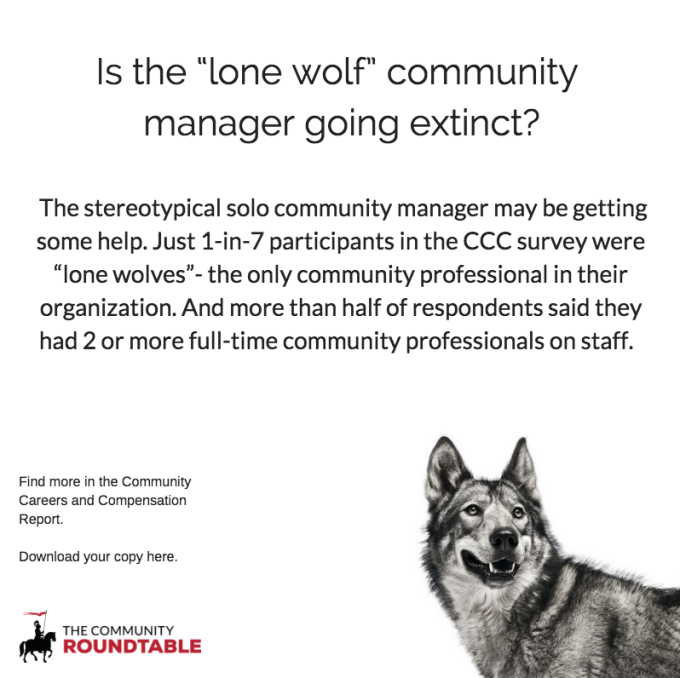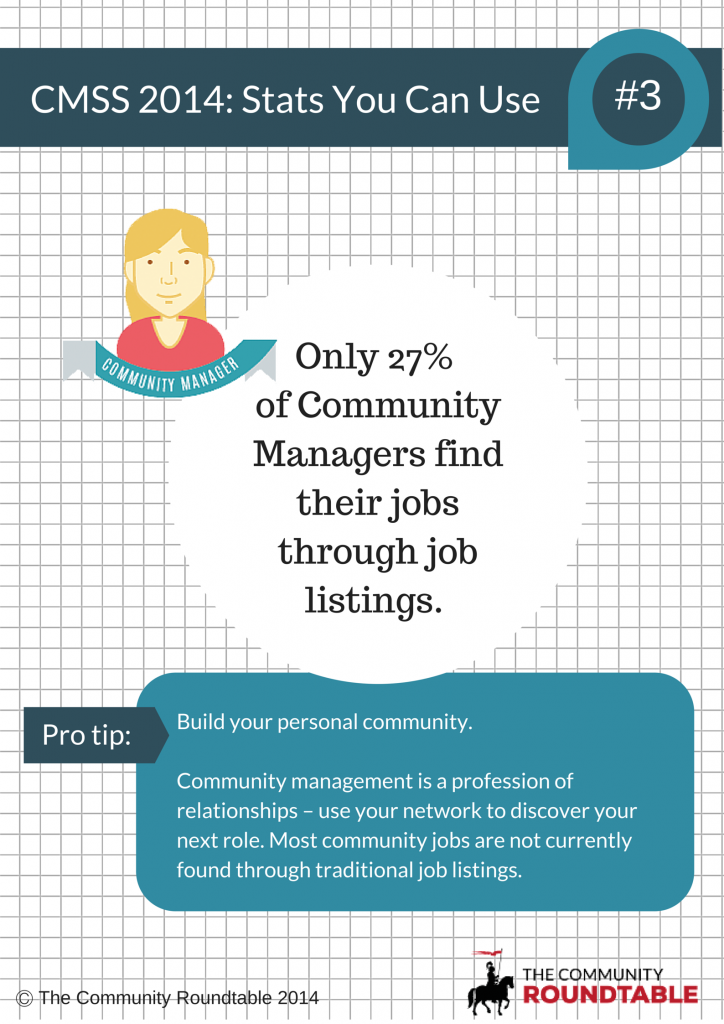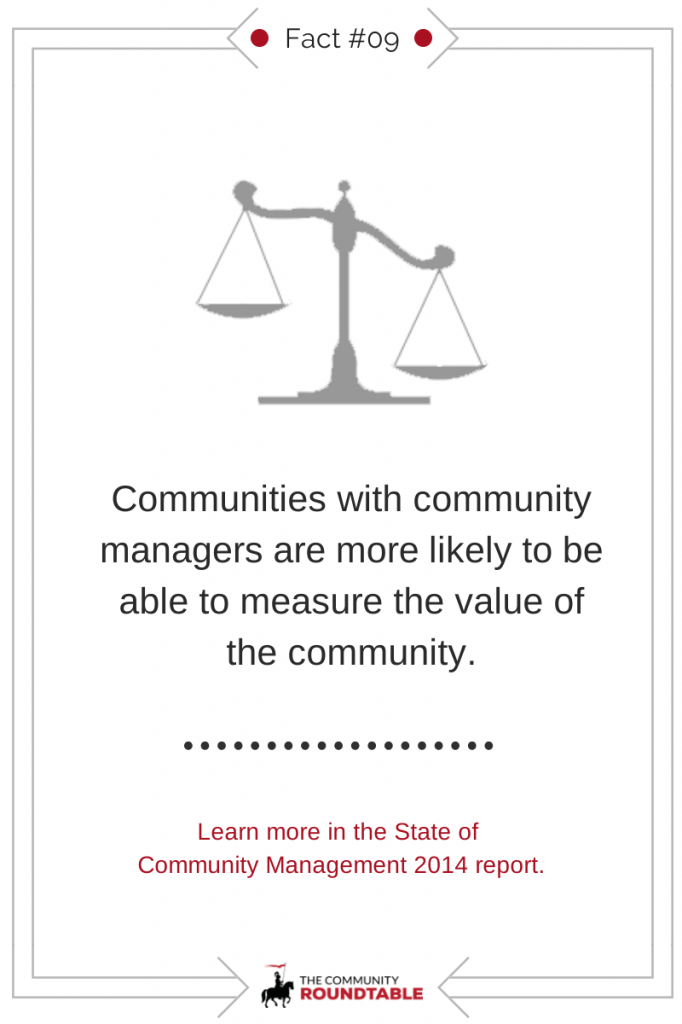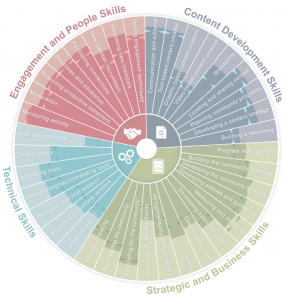By Georgina Cannie, Community Manager at The Community Roundtable
 January marks the 10th month of my work in community management. While it feels like no time at all, I have come to realize that it is an eternity in terms of knowledge acquisition in this space. As I closed the door on 2015, I couldn’t help but notice how incorrect my initial ideas on community management were. Here are the top 5 things I thought I knew about community, but didn’t.
January marks the 10th month of my work in community management. While it feels like no time at all, I have come to realize that it is an eternity in terms of knowledge acquisition in this space. As I closed the door on 2015, I couldn’t help but notice how incorrect my initial ideas on community management were. Here are the top 5 things I thought I knew about community, but didn’t.
Everyone Knows What Community Is
When I first learned the term “community management” I thought it was just me who had never heard of it. Turns out, I am not the oddball – most people have no idea what I’m talking about when I throw the term into the mix at cocktail parties. Sometimes I’ll get lucky and someone in marketing will recognize it as a buzz word. Ironically, community work can get a little lonely. Luckily, there is a blooming subset of those in-the-know who recognize community as the legitimate area of study that it is. While community management does not have the name recognition that say, Human Resources does, it’s a discipline with a growing following. Google “community management research” and see what I mean.
Community Management Sits in The HR or Marketing Department
…. well technically it does. Sometimes. But it also sits in the communications, customer service and management departments. So where does it actually belong? As it happens, there are a number of debates on this topic. In the end, community can wind up sitting in every possible department. But this inconsistency isn’t a point of strife among community managers – it’s an indication that community is multi-facetted, with dynamic applications and broad-reaching effectiveness. Talk about a chameleon! You can launch an equally valuable community for your hiring managers, as you can for your product developers – I double dare you.
Community Management Means Commenting on Chat Boards All Day
True and false. Some time inevitably needs to be spent commenting and posting in the community platform, but it’s a small fraction of a community manager’s time. The majority of work is poured into things like designing editorial calendars, establishing detailed playbooks, or organizing community-wide behavior change. TheCR’s annual research (SOCM2015) has shown that more and more community managers are focusing their resources on strategic planning. This means that rather than chit-chatting in forums, community managers throw their resources into creating initiatives that help achieve the high-level business goals of their organization. Ask your community manager how their network can help increase your bottom line, and I guarantee they will have a few ideas you hadn’t thought of.
Facebook is a Community
Same goes for Twitter, LinkedIn, Instagram and (insert your favorite social site here).
Social media channels are not communities, they are networks can enable community conversations, maybe. They are tools that allow an organization to get their message out to a broad group of people – which is not a bad thing. However, this disqualifies them as pure communities because they only constitute one-sided conversations, from the organization to the user. Social media fails to allow for a shared value between the organization and the users themselves. By comparison, a community platform is a space where the organization and user can contribute to a common goal. When setting up a space to communicate with your users, ask yourself what they get from participation. If your answer is “notifications about new products”, you don’t have a community.
Community Manager is the Top Position Available
When I started my journey into community work, I looked at the community manager job title as a light on a hill. I quickly realized there is much more space to grow beyond that. There are countless opportunities to graduate into Community Strategist or even Director of Community positions. (not to mention, the average salaries of these positions are nothing to turn your nose up at. Take a look at our Community Careers and Compensation research for more on that). There are community management consultants, folks working in internal communities, external communities – anything you can think of, there is a community manager doing it and getting paid to be there. You can easily make a career path (and a mortgage payment) out of community.
Did you have initial impressions of community that were disproven over time? Share them! I’d love to hear how the idea of community management has grown for you!





